The current plan of the Meloni Government, confirmed recently by the president of the Lega Serie A Lorenzo Casini, is to abolish the Growth Decree tax relief scheme.
As TMW reports, the current plan still provides for the elimination of tax benefits, a topic also discussed earlier in the week at the Lega Serie A assembly with the unanimous intention of the clubs of the league to push against its removal.
At the moment, pessimism is spreading but hope is not lost that the plans can be overturned. The Growth Decree however was not originally designed for football and the government are arguing that it is an anti-Italian policy, with the clubs coming together to sign a retaliatory document.
The impact
SportMediaset and La Gazzetta dello Sport have reported that the decision has been made to bring the Growth Decree to an end, something that Casini’s comments seemed to confirm.
If there is no change, the abolition will affect all future contracts, without affecting previous benefits. It therefore is an issue which will heavily impact renewals and signings that will be carried out after 31 December 2023, i.e. from the entry into force of the new budget law passed by the current government majority.
It is around €130m that football saves by being able to count on the Growth Decree which is not an insignificant sum, and the tax cut allows Serie A sides to compete for players that they otherwise wouldn’t be able to with a heavier rate of taxation.
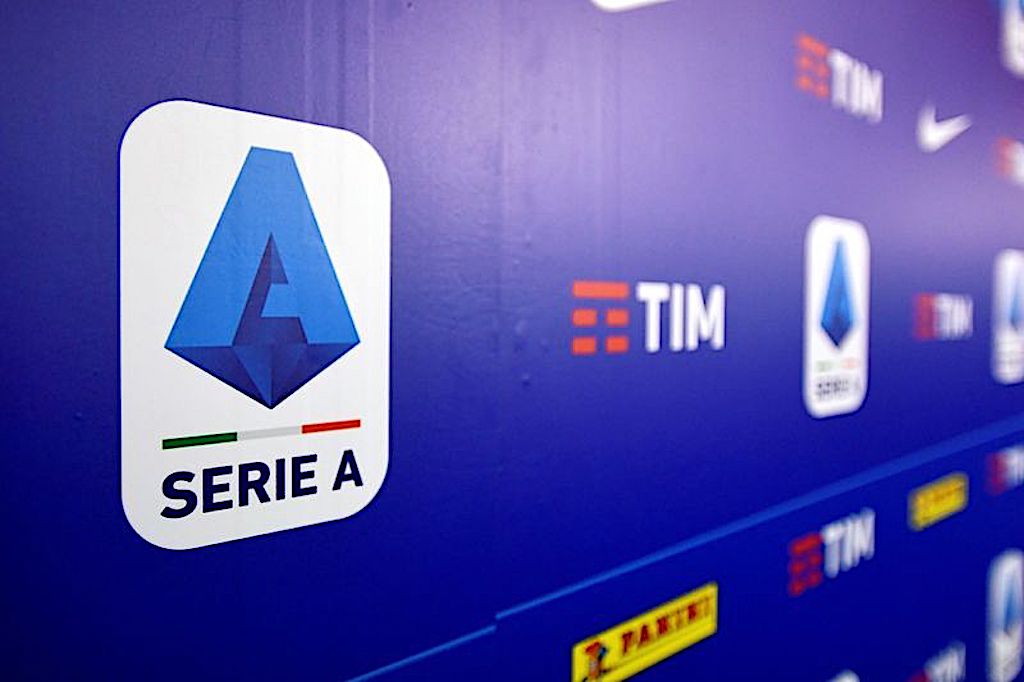
In a moment like this, in which the Saudi Arabia football movement undermines the competitiveness of European football, there would be severe concerns about how Serie A would attract players if it were made harder to afford them.
Casini thus explained the drafting of a document sent to the Minister of Economy Giorgetti: “It was decided to prepare a synthetic document that highlights the damage of this abolition and how its removal could disadvantage young people. We will send it in a collaborative and non-confrontational spirit.”
The counter-argument
The basis of Casini’s words is the fact that the money saved under the umbrella of the Growth Decree on the wages of players coming from abroad has already been reinvested by the various clubs to encourage the development of their respective youth sectors.
Milan have gone from employing 145 people in 2018 to around 250, and CEO Giorgio Furlani has publicly called for the Growth Decree not to be scrapped because it would stunt the resurgence.
“It would be senseless, total madness, to change the decree. A decree that allows you to go in the right direction, a decree whose very name — Growth Decree — is about helping the country’s economy grow,” he said.
READ MORE: Milan’s 2023-24 wage bill broken down – the Decree beneficiaries
This is all at a time when there continues to be widespread debate about Serie A’s TV rights packages and the construction of new stadiums, which are two huge things when it comes to bridging the gap to the Premier League, for example.
While there may be a link between the implementation of the Growth Decree and the results of the national team, there could also be the argument that the savings it facilitates could be invested in youth. Juventus Next Gen for example have produced Fabio Miretti, Nicolo Fagioli, Hans Nicolussi Caviglia and others.
With the Premier League and LaLiga going from strength to strength, and with Ligue 1 offering players tax breaks – not to mention the rise of the Saudi Pro League – Serie A risks once again falling into the abyss.
The repercussions for Milan
We have already written about how Milan benefit from the tax relief scheme in a previous feature, but it is worth looking at more practical examples such as the recent summer transfer win.
The 10 signings carried out by Milan during the past summer transfer window will not undergo retroactive changes, but given the changes will be implemented on bringing in players from abroad, such an expansive mercato would cost a lot more.
Without the Decree, the calculations would effectively go back to being double from net to gross salary, for example €5m net would become €10m gross as opposed to around €7.5m which would cost the club a lot over a long-term deal.

This could have an exponential weight especially for the operations that will concern the renewals of the contracts of the players who arrived from abroad in the last two years. The most important name in the Rossoneri house is undoubtedly that of Mike Maignan, who arrived from Lille in 2021 and whose contract expires in 2026.
Maignan currently earns €2.8m net per year at Milan (€3.67m gross with the benefits deriving from the Growth Decree) but with a renewal – which it is rumoured could be between €7-8m net per season – the Rossoneri would be paying €15-16m gross.
That means the operation is almost completely unfeasible due to the current corporate policy adopted by RedBird Capital, who like to keep an eye on the wage bill.
The alternative for Milan would be to close the Maignan renewal operation before January in order to still be able to count on the tax advantages or hope for a sensational change of heart by the Government.

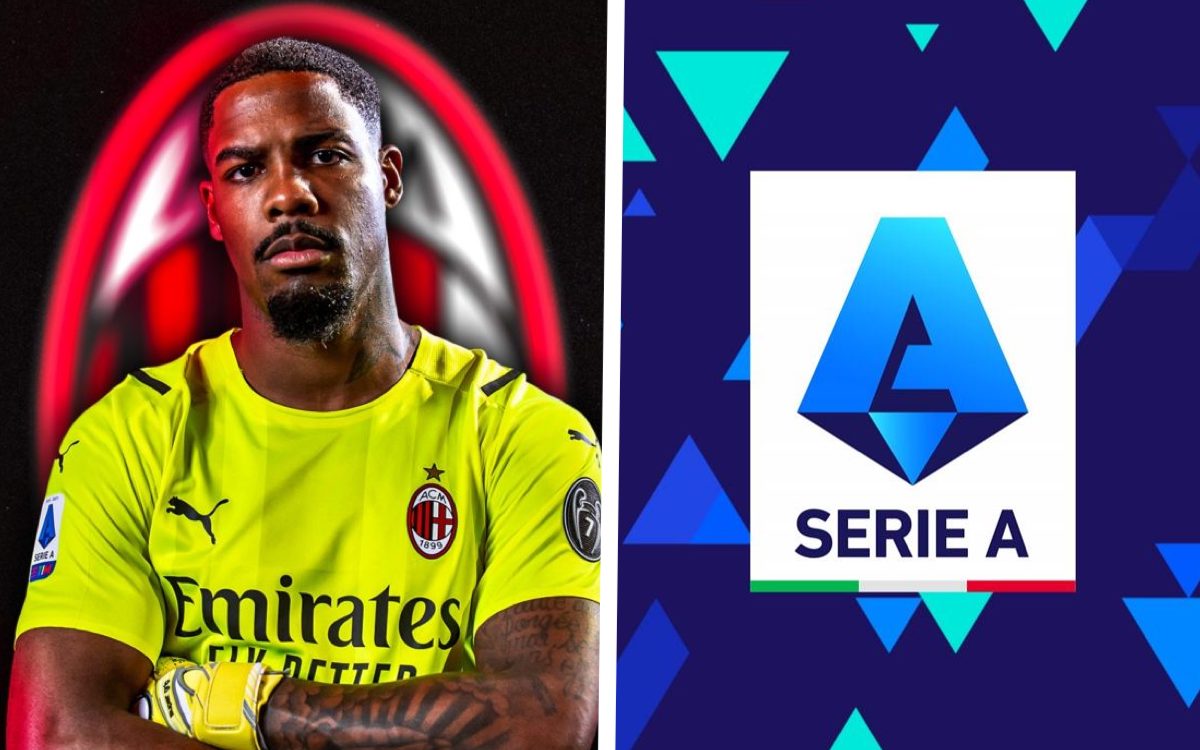
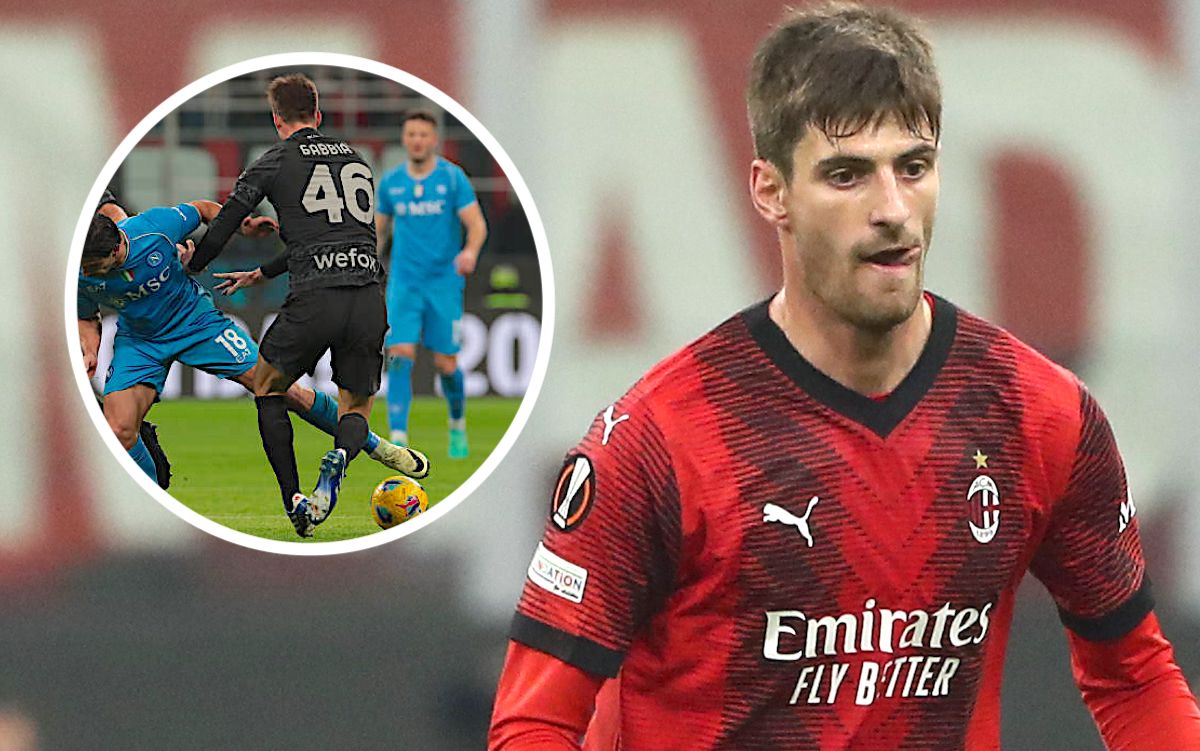

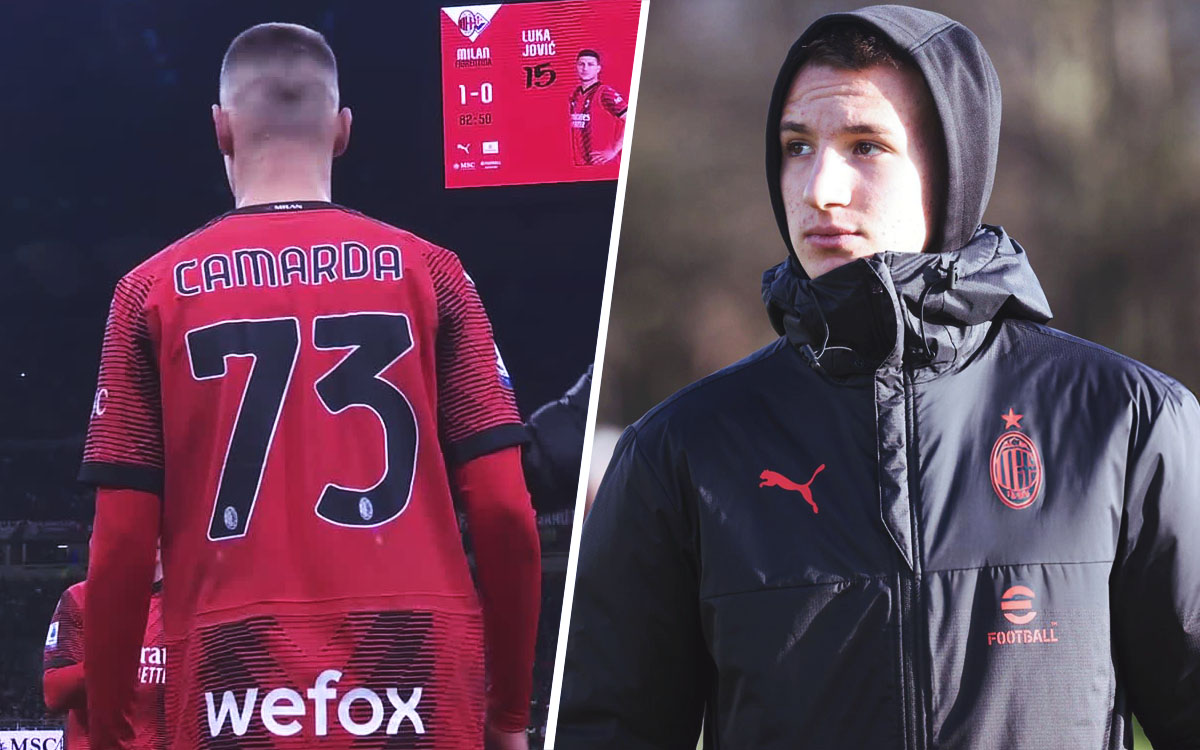
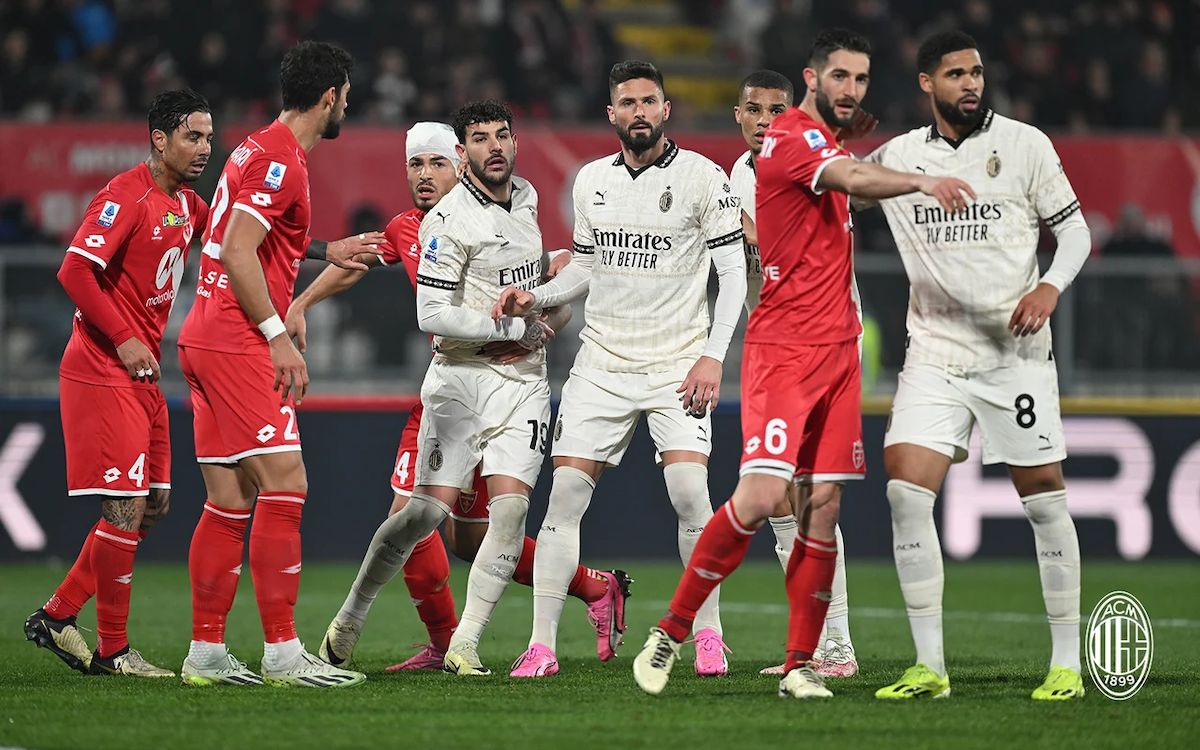
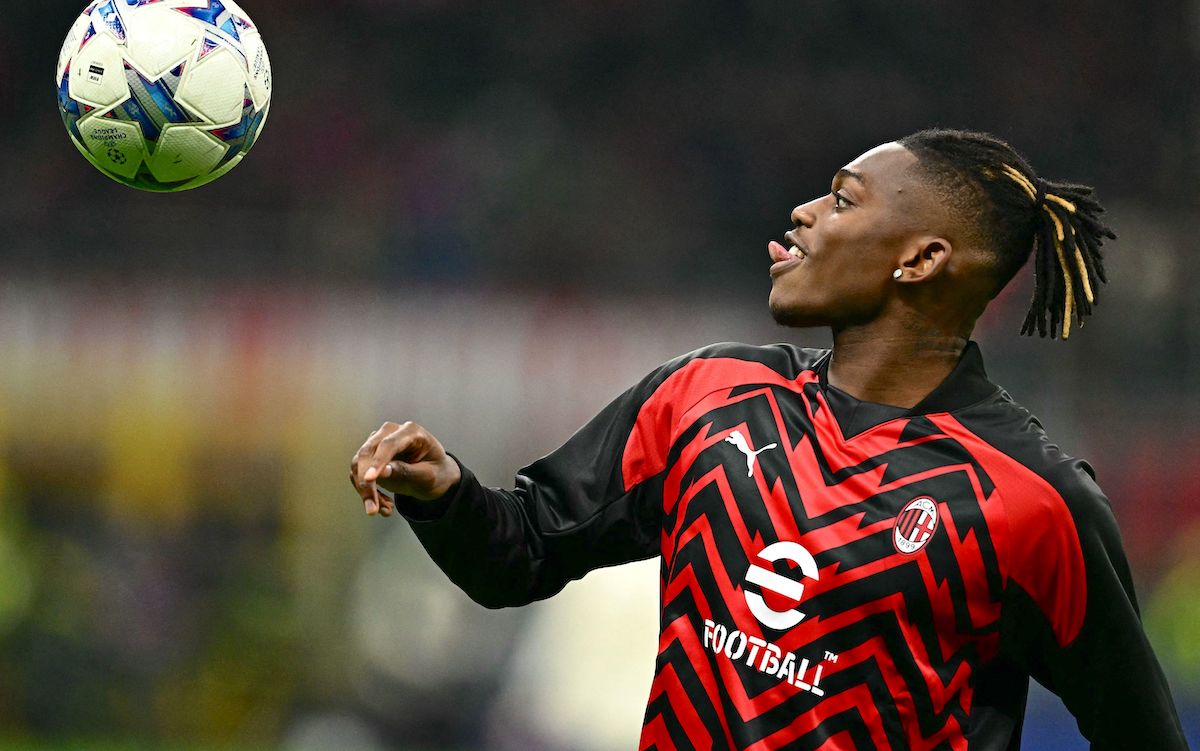

Sooo…..of he signs before Dec 31, we’re ok?
Welp prepare for Italian clubs to never be competitive again… Goodbye Mike, goodbye Theo, Tomori, Bennacer. Can’t wait for Milan to pay 30 Milan B talents like Colpani. A very pro calcio move
30 million *
Or maybe it’s the best chance for Italian clubs to become competitive if it reduces the number of pointless signings.
Or else we could keep trying to compete by outspending oil oligarchs….
No recent signing has been pointless. You cannot be competitive with youth players today, you need to be able to outspend other clubs at times at least.
Unbelievable. Pointless signings? No. Signings meant to make a club competitive. If it was ul to you we would still be playing Krunic every single game and hoping for the best. I’m sure you’d even want De Sciglio or El Sharaawy back too.
I guess pointless signings like Mike Maginan for one.
If only the clubs put this much effort into improving youth development and conditioning of players so that they don’t get outmuscled and outpaced by other leagues.
They won’t though, because immediate success is more important. They will divert money from here to pay higher gross salaries. And whilst I kind of agree with you in my heart, it’s not as simple as saying clubs are wrong for doing the above.
Everyone used to say the influx of foreigners in England would stem the flow of homegrown youngsters. Ironically when they were saying that, most clubs youth set ups were garbage and by and large so were England (that all sounds very familiar…). Now, purely through interest in the league, every Prem club has amongst the best youth facilities in the world, English talent is some of the most highly sort, the youngsters are so good that the big clubs aren’t afraid to start them, and England are brilliant.
Italian football is in trouble, and good youth only fixes about a third of it. The growth decree has undoubtedly helped keep the players that neutrals tune in to watch in the league.
The governments have always kept Italy from realizing its full economic potential, not just in football. The whole stadium building saga is such an embarrassment, and now it looks like they will block the growth of football again.
The right wing government is a complete disaster as expected. They have no clue what they’re doing. This decree is meant to stimulate growth and they have this delusional idea its going to help things.